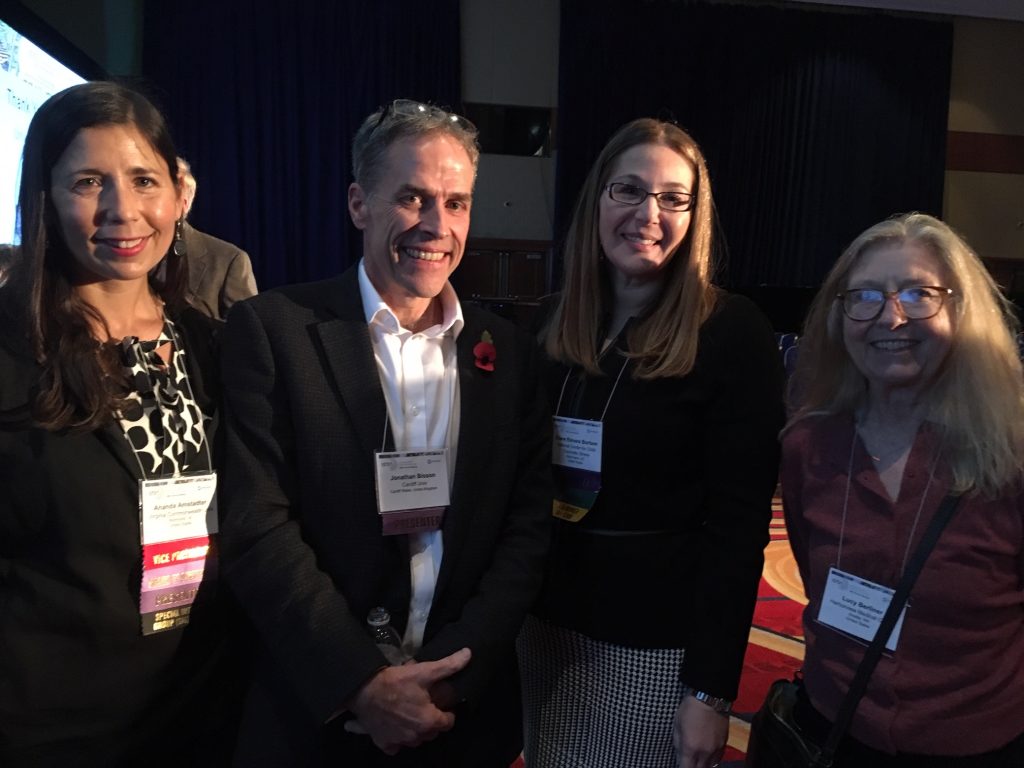Posted November 27th 2018
Mae’r cynnwys hwn ar gael yn Saesneg yn unig.
The committee was established in 2015 to update guidelines published in 2009 by reviewing the latest evidence from clinical research trials.
The guidelines are intended to assist clinicians providing prevention and treatment interventions for children, adolescents and adults with, or at risk of, developing PTSD.
Professor Julian Ford, ISTSS President, said, “The excellent work of the ISTSS Treatment Guidelines Committee will make a real difference to people affected by traumatic events. It is great to see so many promising new interventions to prevent and treat PTSD. While, sadly, we are unable to prevent all traumatic events, we now have more tools to help people deal with the psychological impact of traumatic events effectively.”

Professor Bisson, Principal Investigator at Cardiff University’s Traumatic Stress Research Group said “Our review has identified a number of interventions with efficacy in the treatment of PTSD, demonstrating the breadth of clinical research in this area. Face to face trauma-focused therapies continue to have the strongest evidence of effect but some innovative alternative treatments are also recommended.
“For example, there is now enough evidence to recommend therapist-guided internet-based interventions using trauma focused cognitive behavioural therapy (CBT-T) approaches as treatment for adults with PTSD. While clinical trials are ongoing, the evidence so far suggests it could provide an effective and affordable treatment for single-trauma PTSD.”
Key evidence for this approach is from a trial conducted at Cardiff University and developed by Professor Bisson and colleagues at the National Centre for Mental Health. It involves giving people affected by PTSD access to an online platform where they can complete sessions in their own time, combined with regular guidance meetings with a therapist.
It is currently in a phase three clinical trial, and if it proves to be an effective treatment it could significantly shorten waiting times in the NHS and provide a model for treatment around the world.
The guidance also includes emerging non-pharmacological and non-psychological based treatments, such as transcranial magnetic stimulation, a non-invasive approach using magnetic fields to stimulate nerve cells in the brain, and yoga.
The new guidelines are available to download from the ISTSS website.
